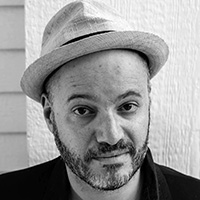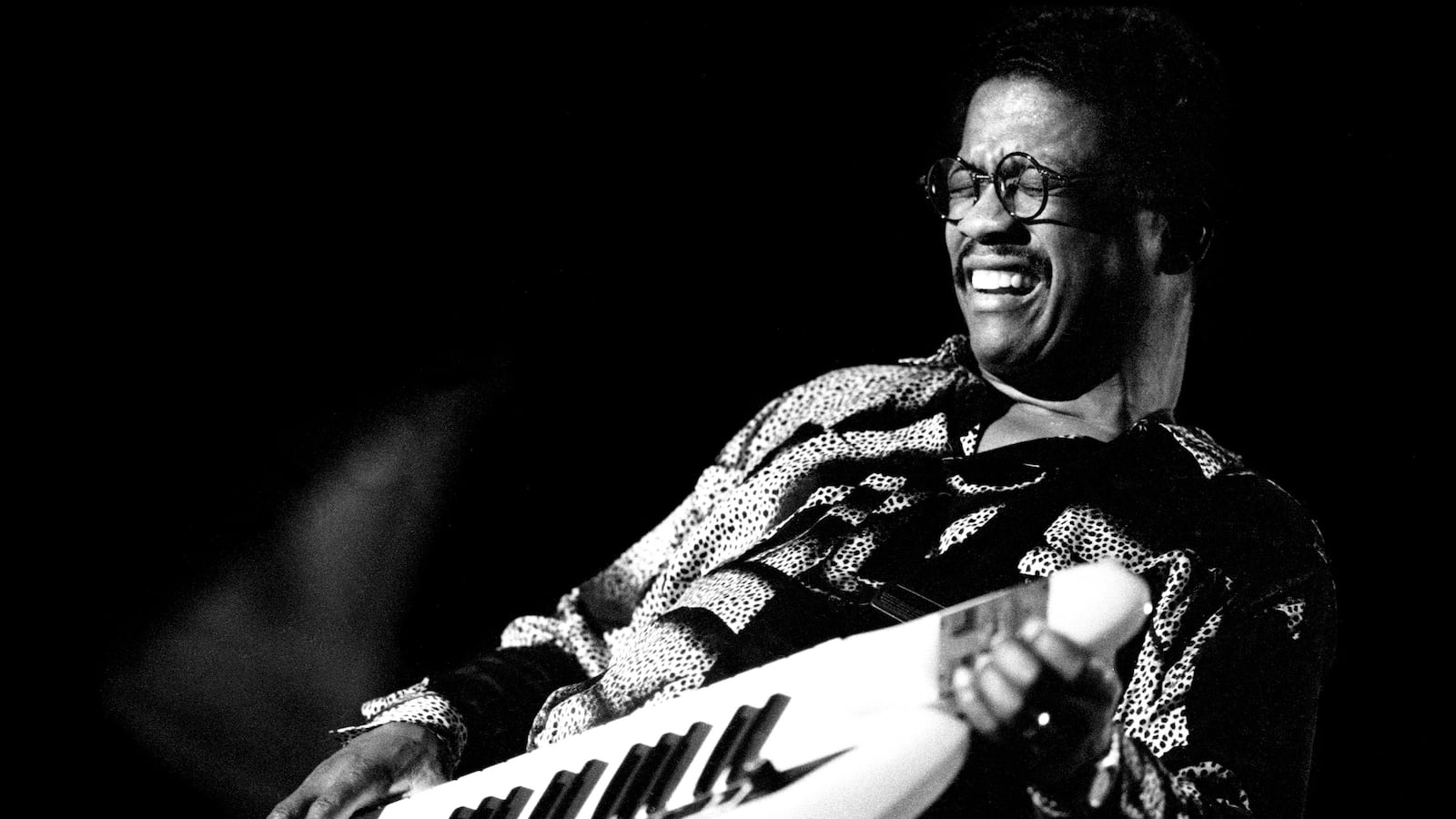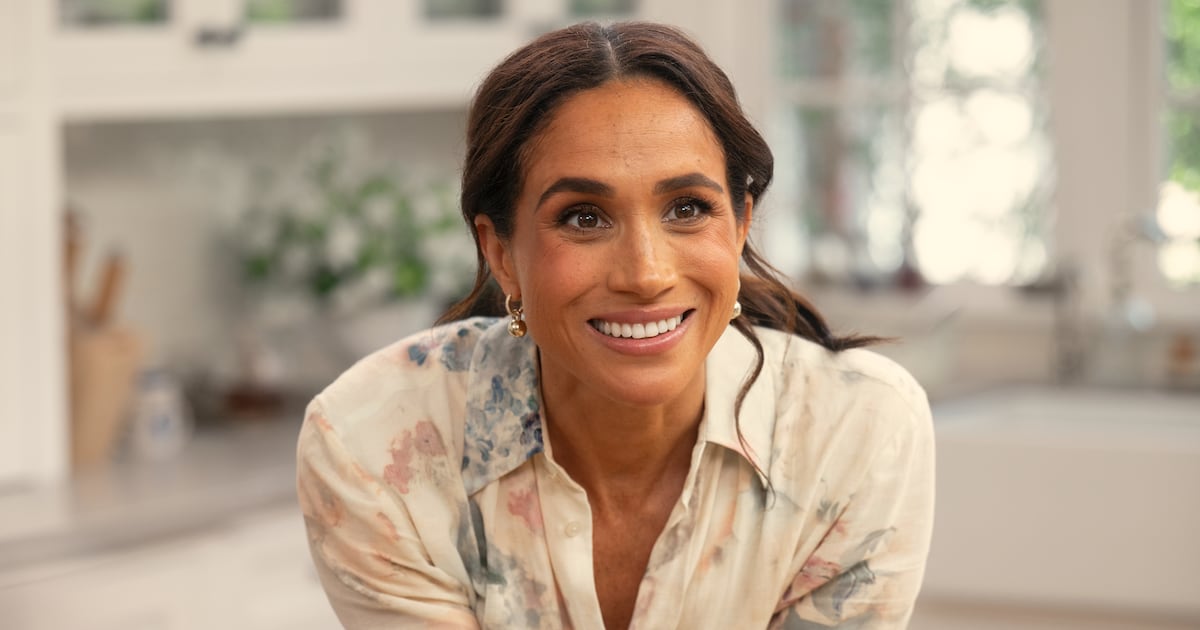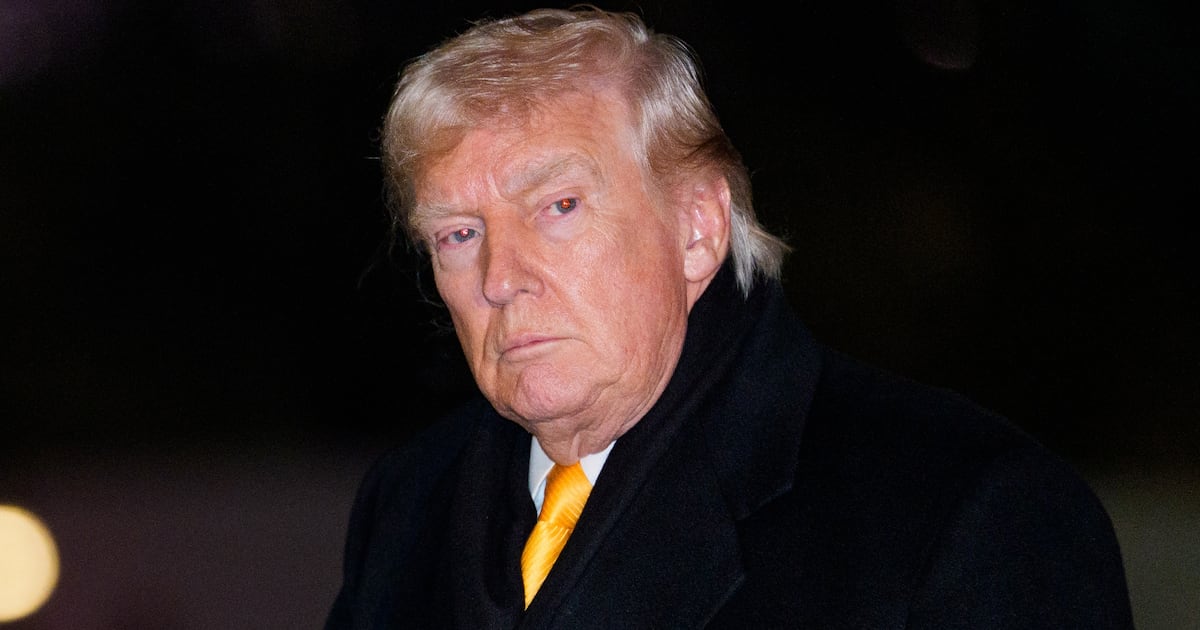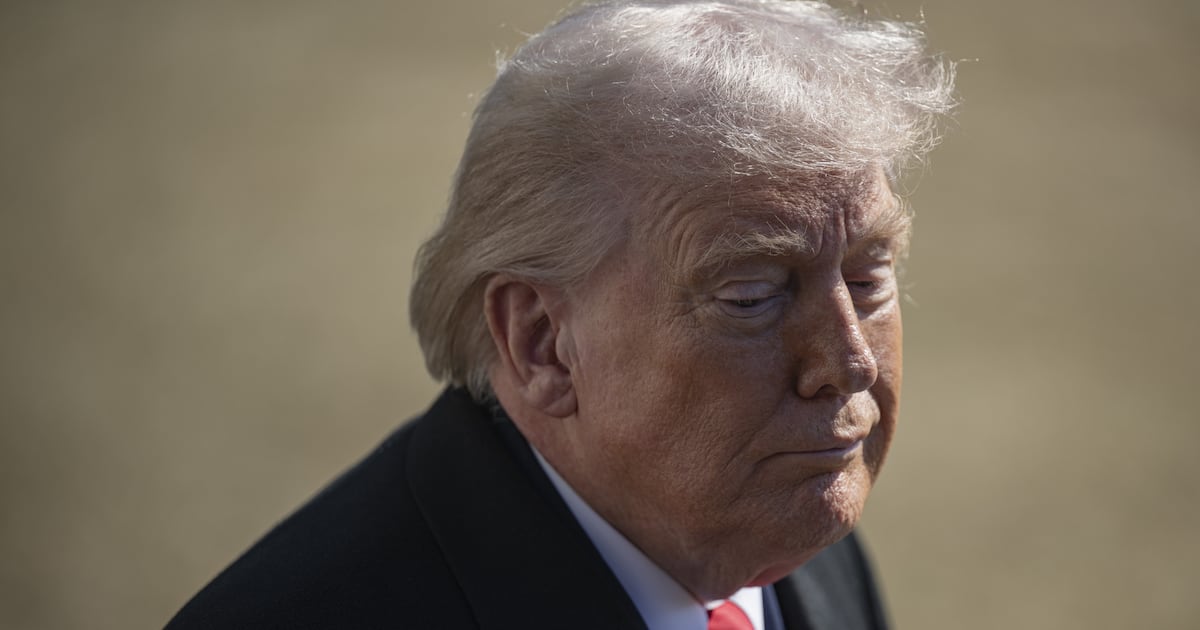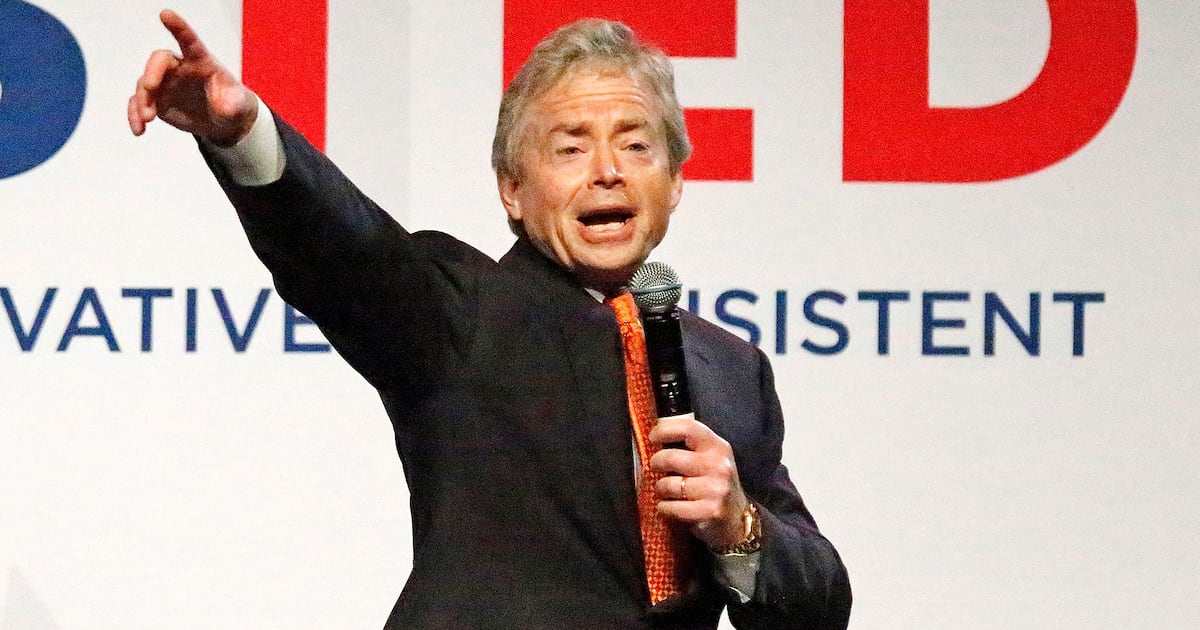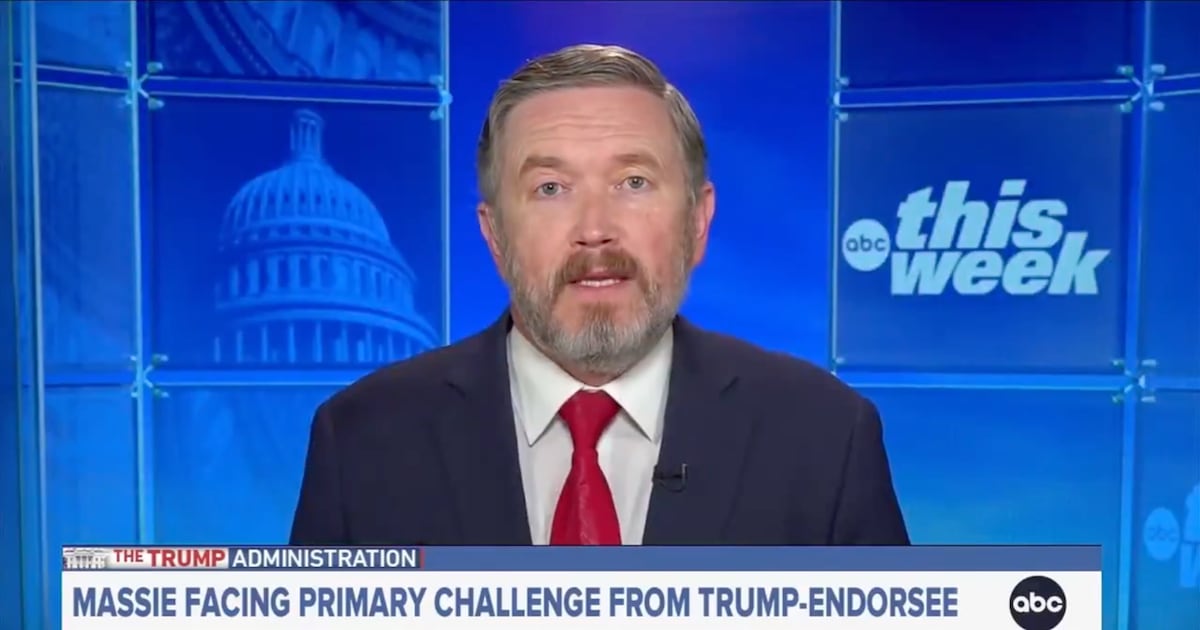Herbie Hancock’s memoir, Possibilities, gives us an account of practicing Mozart on Chicago’s South Side, getting advice from Miles Davis to “leave out the butter notes”—or was it “bottom notes?”—turning to funk, MTV, and movie soundtracks, while perpetually returning to the piano as an ever-evolving jazz immortal. Along the way, he discovers Buddhism, goes on and off drugs (including crack), and racks up Grammys, an Oscar, a Kennedy Center laurel, even a lecture series at Harvard. He spoke to us with candor in the midst of a book tour.
You mention writing jingles while having an amazing run of albums as a leader on Blue Note and with the Miles Davis Quintet. People might be surprised that during that period “Maiden Voyage,” one of your most well-loved standards, began as a TV jingle. Were you always a businessman while you were an artist?
It was a gig! I mean, all musicians in that sense are businessmen because that’s our source of income. I was no more a businessman than anyone else.
Can you imagine Bud Powell or Charlie Parker writing a jingle?
Sure, if someone asked them to. Look, they played at bar mitzvahs! Why wouldn’t they write a jingle? It was a gig! Playing music is not just for fun. It’s our livelihood. It’s our job.
You write about beginning your performing career as an 11-year-old prodigy playing a movement from a Mozart concerto with the Chicago Symphony Orchestra. Do you see yourself setting a standard for classical chops in jazz?
Are you giving me credit for pioneering that? I don’t know if I can be given credit for it, but people like Keith Jarrett studied classical music. Visiting it from time to time was a decision he made. In my case, it was revisiting that when I played with Lang Lang at the Grammy Awards in 2008, and then I did a tour with him, and we played Ravel’s Mother Goose with four hands. We also did a two piano concerto by Vaughan Williams. So I was able to revisit my roots from studying classical music when I was a kid, all the way up to when I was 20. When I was 14, that’s when jazz entered my life. I didn’t continue classical music past college in a formal sense, although I listened to classical music and analyzed it throughout my life as a jazz pianist.
You mentioned Ravel rather late in the book, when you discussed recording a concerto of his for the album Gershwin’s World in 1998. I associate Ravel with your music from the beginning of your career. “Herbie Chords” had an element of Ravel from the beginning, and impressionism has been a crucial part of your vocabulary since Takin’ Off in 1962. Is this also related to a Bill Evans influence? He was influenced by Ravel, too. But then you took that influence and added funk and blues.
I was definitely influenced by Bill Evans, and one of the reasons is because I had been listening to Ravel since before I had even heard of Bill Evans. I was already influenced by Ravel. Some pianists sound like Bill Evans, but I don’t. I think I sound like me. It was obvious to me that Bill Evans was influenced by Ravel, too. So I started off with two influences: Ravel, directly, and also Bill Evans.
Your relationship to the blues was more direct than Bill Evans.
Right. And Bill Evans was not my only influence. I was influenced by a lot of people, including my contemporaries like Chick Corea, McCoy Tyner, and also people like Hank Jones, Tommy Flanagan, Bud Powell, among many others. I wasn’t just influenced by pianists, either. A lot of pianists listen to pianists. I listened mostly to trumpeters and saxophonists more than pianists.
Miles and Coltrane?
Yeah.
Sonny Rollins?
Absolutely. And Wayne Shorter, among others.
Your work in the ’60s is legendary. When you left the piano for the Fender Rhodes and various synthesizers and came back to it, did it affect the way you play piano? I’m thinking in particular of the marvelous solo recording of “Round Midnight” on The Other Side of Round Midnight. There’s a moment there that’s as way out as anything you ever did. [At this point, I played the moment from the recording.] It’s hard to imagine anything beyond what you were playing with Miles in the ’60s, but if there is, could this be it?
I remember practicing that lick [from the solo “Round Midnight” recording] years ago, learning how to do that cascade effect. That was something that I worked on because I liked it, and I thought it could lead to some other expressions that would be an offshoot of that. I thought it was cool when I did it, which was long before what you just played for me. That’s kind of an effect, among other effects that I have done that have grown out of that. It became part of my tool set.
And it was a radical part of your tool set, throwing it into a ballad, which was also a canonized jazz standard. You suddenly turned it into leaping into free jazz, then back again.
It was like a color I threw in there.
But it’s a color that departed from the structure of the song. There were no longer any chord changes, and it was no longer a ballad.
Right. It was almost like holding on to that last chord I played before I did that, and then it was like waterfalls, except that it was going up and going down.
More like a typhoon.
Yeah. It’s just an interim moment that I threw in before I went on to the next part of the piece.
It’s like you’re up in the air, and then you land.
But it is based on the chord structure of what I played before it, except that it was based on a diminished scale. It was an effect.
You write of George Gershwin, “A lot of his popularity came because he was white.” Do you really believe this is true or because of his body of work, which was inextricable from African American influence?
If you think about what racism is in America and think about what it was back then, if he were black, we probably wouldn’t have even heard of Gershwin, the way a lot of people haven’t heard of James P. Johnson, who wrote an opera before Gershwin did, and was a big influence on Gershwin, though most people don’t know that.
But does that make Gershwin less of a great melodist?
No. This is more of a statement about racism in America than it is about his abilities. I never said he wasn’t great. Are you kidding? I love Gershwin’s work. He was a genius.
That comes through on your Gershwin’s World album.
Right. But who knows what doors would have been closed to him and opportunities might have been missed if he were not white. We can’t go back in history and see what that would be, but judging from black musicians who never got recognition for their contributions to American music, I think we can easily assume that his life would have been quite different.
Well, he was a contemporary of Duke Ellington’s.
You know what, I don’t know what year Gershwin was born.
Gershwin was born in 1898 and Ellington was born in 1899.
Yeah, you’re right. But think about movies from the ’20s and ’30s. The rich people were always white. Any time you saw black people, they were maids or poor or in prison. That’s how it was back in those days. That’s what I was addressing in my statement about Gershwin. Most people never thought about how different it might have been if Gershwin were black. He wouldn’t have had the same encouragement or opportunities.
So did Ellington have to be twice as good?
Well, later on you had Jesse Owens winning the Olympics. As the doors opened, there were black people who were exceptional opening those doors. And there were people fighting for civil rights in their own way like Benny Goodman, who put together a racially mixed group before anyone else had done it. All that was before I was born. My parents lived through that part of American history. In a way, it forced black artists to be stronger and stronger because those barriers were in the way. The consequences of slavery are still inherent in the lives of black people. Within the black community itself, the slave mentality is still being battled. A lot of black people still have feelings of insecurity. There’s a long conversation we could have about this!
You wrote very bluntly about using crack in the late ’90s. During the same period, you played so beautifully on 1+1 with Wayne Shorter and Gershwin’s World. Was the music unaffected by the drugs? You also write about cocaine as a casual drug you dabbled in earlier. You wrote, “Coke was as easy to get as alcohol; so many people did it socially, it was just around and available. And most people, or at least the ones I knew, didn’t over do it.” Your acid experiences also seem to dovetail with expanding your musical consciousness. Where does the quest for beauty and hedonistic impulses begin and end? There seems to be an overlap.
If I understand you correctly, then my answer would be that I’m a human being and that we have our dark side and our bright side. There’s a constant battle between the negative and the positive and it’s part of being a human being.
But did that enter the music at all?
Well, ever since playing with Miles, the music was so demanding that I would never be high from alcohol or drugs while I was playing. It would be something I would do after the gig is over. And it wasn’t something that I did every day. When everybody had cocaine, mine would last a long time because I didn’t do much of it in one sitting, the way a lot of people did. Whenever I played, I had to have all my faculties about me. The music is too demanding. I was amazed that Wayne [Shorter] could play drunk. That wasn’t something I couldn’t do.
There were some musicians that you worked with that you didn’t write about. Any reflections, for example, on Sonny Rollins?
I did a couple of records with Sonny. Then I did a gig at the Vanguard. That didn’t last that long. It was one night, with Tony Williams on drums and, I think, Richard Davis on bass. We weren’t a passive rhythm section. We didn’t just lay back and let Sonny be free to fly on top of a steady support. We were very active. We thought that the stuff was killing! We thought that Sonny was inspiring us and he was out there and responding and sweating and playing his tail off. And we got fired! He called me later that night—and Tony and Richard, too—and said, “I think I’ll try something different tomorrow.”
Why do you think he fired you?
I never got a definitive answer, but I think he was used to having a rhythm section that would not be that dynamic under him. Most rhythm sections play pretty straight, but we were pushing him, the way we were with Miles.
Your musical relationship with Joni Mitchell began on her Mingus album. How did you reconcile your role as an improviser with an album that had no solos—just riffing behind the vocals? What were your impressions on playing on something wholly guided by vocals? It’s a record that’s neither jazz nor pop but a hybrid like nothing else. Did you feel hemmed in?
Quite the opposite. I can speak for all of us. We were thrilled to approach this project in a different way. We were like painters all painting together. Instead of that typical thing of playing solo after solo—been there, done that. The idea of being able to paint together was the direction we were all hinting toward anyway. It was a kind of interpretation that we all enjoyed. As soon as Jaco [Pastorius] told me that Wayne [Shorter] would be there, I was on it right away! For me, it was a wonderful challenge. It wasn’t an experience I wasn’t used to. But Jaco told me: Joni wants you to play your thing. I thought I was going to have to dumb it down for this folk-pop singer. But Jaco said, “No, you play your thing.” And when she came to sing, I thought, “No shit! She hears all this stuff and she’s not thrown off by any of it.”
You recently gave the Charles Eliot Norton lectures at Harvard and you were the first jazz musician to do so.
…and the first black person.
Right, so there’s another barrier broken. What did you lecture on?
The series was called “The Ethics of Jazz.” And it was open to the public. It wasn’t just Harvard students. The first lecture was called “The Wisdom of Miles Davis.” But I used jazz as an entry point into what I was interested in talking about. But it wasn’t just about being a musician. I’m a goodwill ambassador to UNESCO and I’ve been a practicing Buddhist for 40 years. What I was really talking about was humanism—to encourage people to embrace each other and themselves, to let go and not be afraid to think outside the box.
And is that what you want readers of your book to come away with?
Absolutely.
INTERVIEW HAS BEEN CONDENSED AND EDITED.
David Yaffe is a Professor of Humanities at Syracuse University and the author of Fascinating Rhythm: Reading Jazz in American Writing and Bob Dylan: Like a Complete Unknown. He is currently working on a book about Joni Mitchell.
